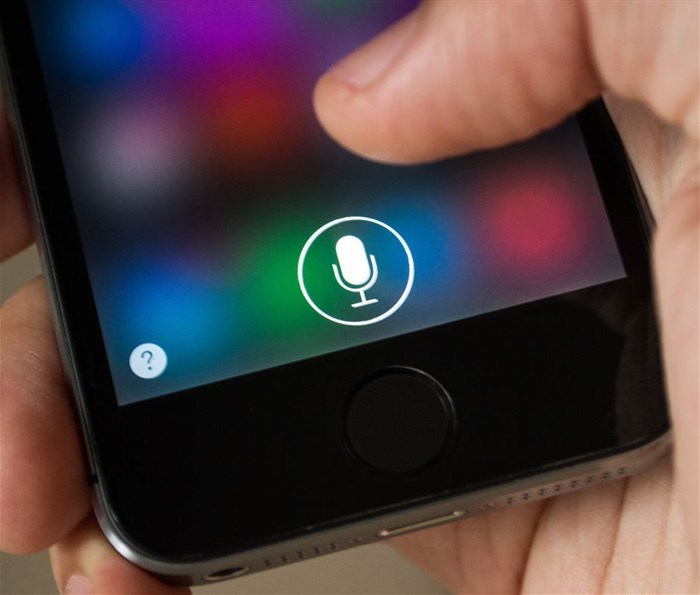Be wary of recorded conversations

Nicol Myburgh, head of the Human Resource Business Unit at CRS Technologies, says this has the potential to significantly change the dynamic in the workplace.
According to Section 4 of the Regulation of Interception of Communications and Provision of Communication-Related Information Act (RICA), it is not illegal to secretly record a conversation you are a party to. But it is still illegal to do so as a way of intercepting communications to commit an offence, for example obtaining a person’s bank account information.
“The argument that recording these conversations infringes on an employee’s (or employer’s) right to privacy is outweighed when using the recording in court is in the interests of justice. Of course, there is nothing prohibiting the addition of an explicit clause in employment contracts that mitigates against the risk of having communications intercepted.”
Technology has made it incredibly easy to record conversations without other parties being aware of it. Most smartphones and tablets come standard with audio recording features, making it virtually undetectable when somebody runs the app and puts the phone or tablet out of sight.
Courts do not hold privacy rights as absolute
“Often, these conversations can be used as evidence in disciplinary hearings and other disputes even before they go to the CCMA or court. Further complicating matters is that courts do not hold privacy rights as absolute. Instead, they take other factors into account that can trump privacy rights.”
An example of this is in Harvey v Niland, where evidence was obtained by hacking into the respondent’s Facebook account. Evidence can, therefore, be presented in various forms and not necessarily only in the form of an audio recording.
Obtain recordings legally
Nevertheless, it remains in the best interests of either party to obtain recordings legally. From an employer perspective, a fair process must be followed, with the employee being given an opportunity to respond to the evidence presented against them.
“From a legal perspective, it should also be noted that either party can record a conversation that they are part of. But if you are a third party, you need informed consent from one of the other parties to legally record that conversation. It is often this consent that confuses people into thinking all parties must agree to have a discussion recorded.”
Of course, if the recording is inaudible then it cannot be admissible. Myburgh says that employers or employees, therefore, need to ensure that the audio can be heard and that the data is stored in a safe place to avoid it being lost, deleted, or edited in a way that will also make it inadmissible.
“Companies are operating in a dynamic, technology-driven environment. It should always be assumed that any conversation or meeting will be recorded, like assuming all work email will be read by a supervisor. In this way, both the employee and employer can ensure no mismanagement takes place.”






















